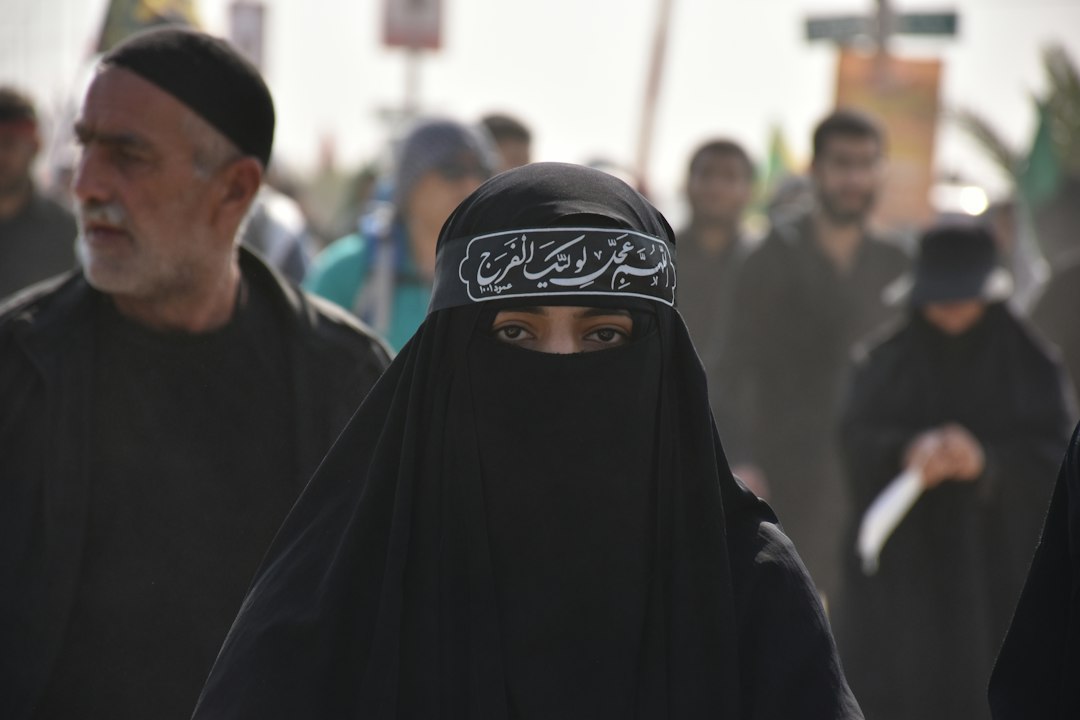The Significance of Rituals and Ceremonies in Religious Practices
Religion has been an integral part of human civilization for centuries. It serves as a framework for understanding the mysteries of the world and provides individuals with a sense of purpose and belonging. One of the key components of religious practices is the use of rituals and ceremonies. These time-honored customs and formalities hold immense significance in religious communities, as they serve multiple purposes, including strengthening faith, fostering community bonds, and teaching moral values.
First and foremost, rituals and ceremonies play a vital role in strengthening an individual’s faith and commitment to their religious beliefs. By engaging in these practices, adherents establish a deeper connection with the divine and are reminded of their religious duties. These rituals often involve repetitive actions, such as prayers, meditations, or symbolic gestures, which help individuals establish a rhythmic pattern in their lives and create a sense of routine. The regularity of these rituals helps reinforce religious teachings, reminding individuals of their obligations towards the divine and providing a source of spiritual solace and comfort.
Moreover, rituals and ceremonies are also significant in religious communities as they foster a sense of unity and belonging. These communal gatherings allow individuals to come together to celebrate and honor their shared beliefs, creating a vibrant and supportive community. During these ceremonies, believers often engage in collective worship, exchanging blessings, or participating in religious festivities. These shared experiences help build a sense of camaraderie and understanding among worshippers and provide opportunities for mutual support and encouragement.
Furthermore, rituals and ceremonies serve as powerful teaching tools, imparting moral values, and providing guidance for ethical behavior. Through these practices, religious teachings are brought to life, allowing individuals to witness the practical application of their faith. Ceremonial rites often include stories, parables, or symbolic acts that demonstrate the significance of core principles such as compassion, forgiveness, and gratitude. This experiential learning deepens one’s understanding of religious teachings, enabling believers to internalize moral values and apply them to their everyday lives.
Beyond their spiritual and moral significance, rituals and ceremonies also lend a sense of structure and order to religious communities. They provide a framework for organizing religious calendars, marking important milestones, and commemorating historical events. These rites may serve as a reminder of historical injustices, the struggles of the faithful, or acts of divine intervention. By perpetuating these rituals, religious communities uphold and preserve their cultural and historical heritage, passing down customs and traditions from generation to generation.
In conclusion, rituals and ceremonies play a crucial role in religious practices. From strengthening faith and fostering community bonds to imparting moral values and preserving cultural heritage, these time-honored practices hold immense significance for believers. By engaging in rituals and ceremonies, individuals connect with the divine, create a sense of belonging, and receive guidance for leading ethical lives. These customs provide structure and meaning to religious communities, offering a sense of continuity and tradition in an ever-changing world. Whether it is through prayers, sacraments, or festive gatherings, rituals and ceremonies remain a cornerstone of religious practices, enriching the lives of believers and shaping their spiritual journeys.

